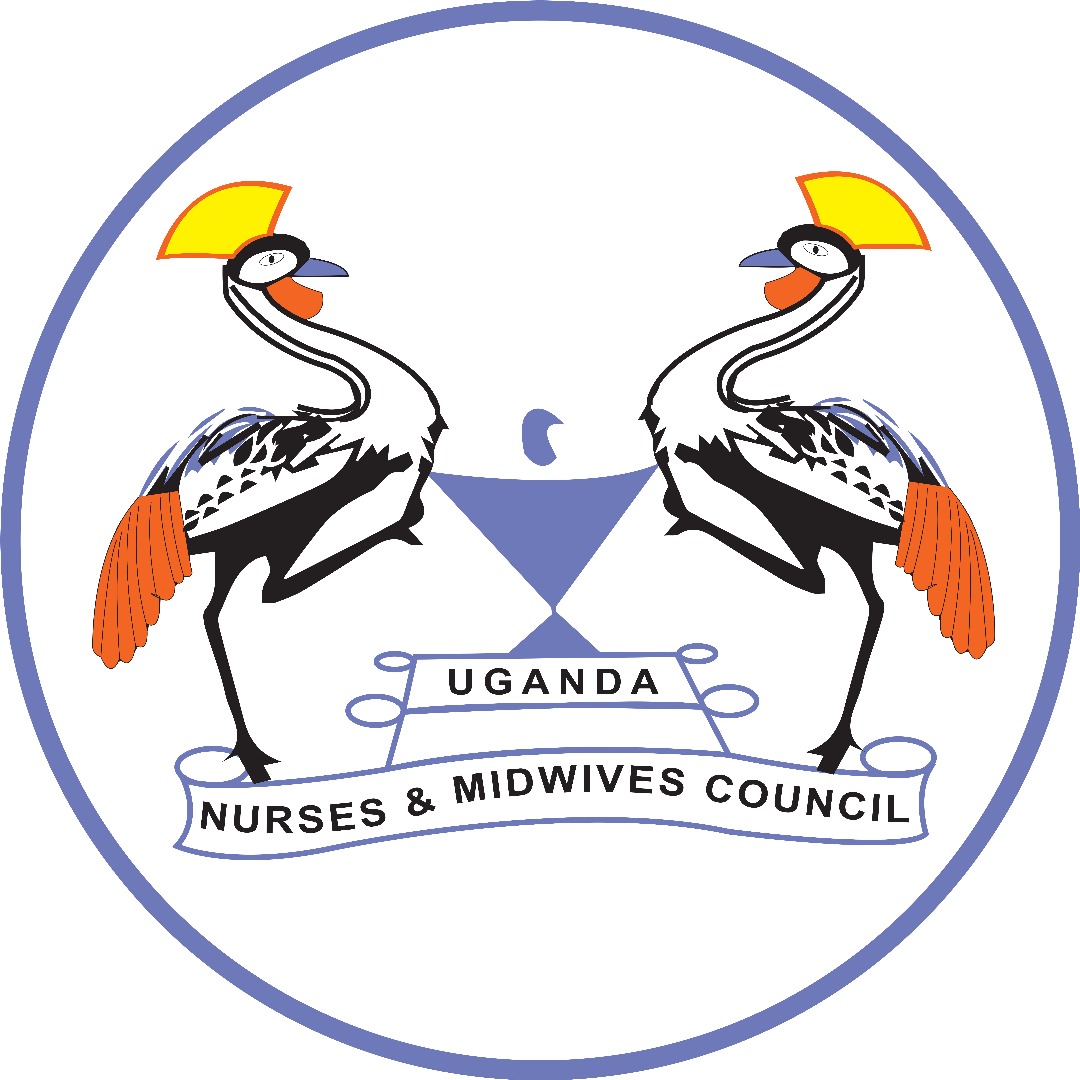Core Values
- Accountability.
- Consultation.
- Gender sensitiveness.
- Inclusiveness.
- Innovativeness.
- Integrity and objectivity.
- Learning organization.
- Mutual respect.
- Networking and collaborating.
- Professionalism.
- Service above self.
- Strive for excellence.
- Transparency.
Professional Regulation
- Is the means by which order, consistency and control are brought to a profession and its practice (ICN 1987).
- It is a collective privilege of a profession to regulate itself (guiding and controlling the profession) both training and practice.
Purpose of professional Regulation
- To protect the public from unsafe practices.
- To ensure quality of Nursing services.
- To foster the development of the profession.
- To confer responsibility, accountability, identity and status of the Nurses/Midwifery.
What is regulated?
- Person providing the service, e.g. Nurses, Midwives, Doctors or other health care team members/providers.
- Educational programmes preparing providers of health care e.g. colleges, Universities and schools of Nursing and Midwifery.
- Health Care facilities or Agencies offering services to consumers.
How is regulation effected?
- Registration.
- Accreditation.
- Certification.
- Licensure.
- Recognition/approval.
- Qualification.
- Other means/Terms approved by the UNMC.
Forms of regulation
These May be external or internal:
External:
This is when the profession and its practice is controlled by duly constituted authorities outside the profession e.g. the police force which has a right to prosecute any Nurse or Midwife found in possession of stolen drugs, swapping babies, etc…
Internal:
Also known as self regulation. This is governance of Nurses/midwives by Nurses within the profession. This is where the UNMC operates its mandate.
